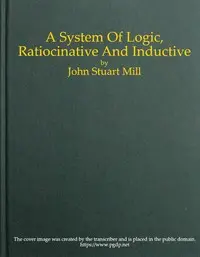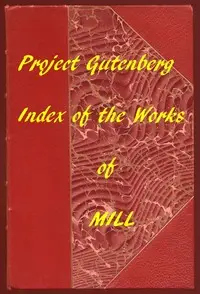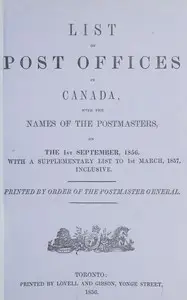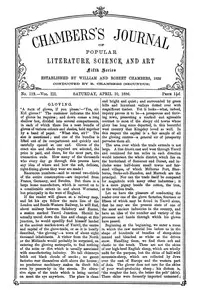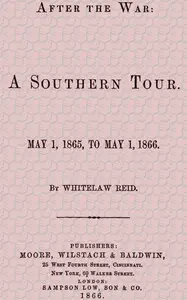"Principles of Political Economy" by John Stuart Mill is a scientific publication written in the mid-19th century. This work serves as a comprehensive textbook on the foundations of economic theory, exploring themes such as production, distribution, and the relationship between labor and capital. The focus of the book is on understanding the principles that govern economic activity and the factors that influence wealth creation within societies. The opening of this treatise outlines the preface and introductory remarks, setting the stage for the study of political economy. Mill’s approach emphasizes the historical evolution of economic thought and acknowledges previous economic theories while establishing his perspective. In the initial chapters, he introduces key concepts, such as the requisites of production—labor, natural resources, and capital—highlighting their interdependence and significance in fostering economic activity. Mill also begins to discuss the distinctions between different types of labor and the concept of capital, laying the groundwork for more in-depth analysis in the subsequent chapters. (This is an automatically generated summary.)
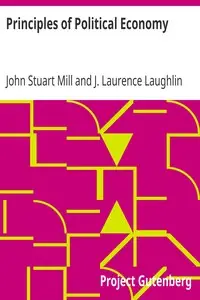
Principles of Political Economy Abridged with Critical, Bibliographical, and Explanatory Notes, and a Sketch of the History of Political Economy
By John Stuart Mill
"Principles of Political Economy" by John Stuart Mill is a scientific publication written in the mid-19th century. This work serves as a comprehensive...
Genres
Released
2009-09-27
Formats
mobi
epub
epub (images)
mobi (images)
epub3 (images)
Free Download
Overview
About the Author
John Stuart Mill was an English philosopher, political economist, politician and civil servant. One of the most influential thinkers in the history of liberalism, he contributed widely to social theory, political theory, and political economy. Dubbed "the most influential English-speaking philosopher of the nineteenth century" by the Stanford Encyclopedia of Philosophy, he conceived of liberty as justifying the freedom of the individual in opposition to unlimited state and social control.
Total Reviews
10.0k
Total reviews from Goodreads may change


